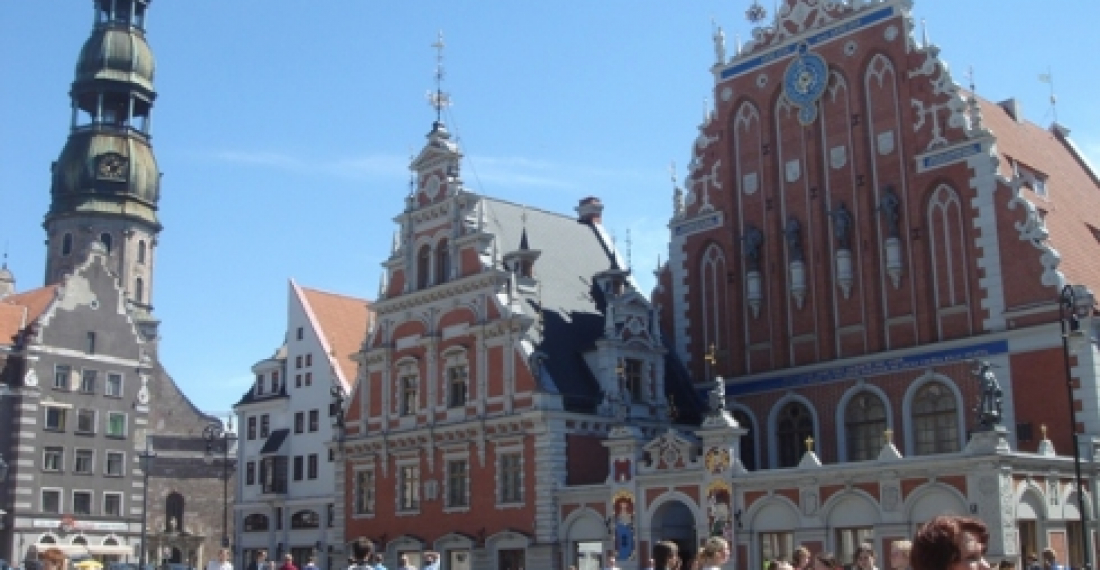Latvians have resoundingly rejected the option of making Russian the country's second official language, results from a referendum indicate. About two-thirds of those registered voted, the election commission said, many more than in previous polls.
The referendum, initiated by a Russian speakers' movement, has exposed deep fault-lines in Latvia. Ethnic Russians, who make up about one-third of Latvia's population, have long complained of discrimination.
But many ethnic Latvians believe the referendum was an attempt to encroach on the country's independence.It was initiated by the Russian-speakers' movement, Native Tongue, which collected signatures from more than 10% of voters to force a ballot.
Officials said that with more than 90% of votes counted, 75% of votes cast in Saturday's referendum were against the proposal.
69.23 percent of citizens - 1,069,759 - participated in the referendum according to the Central Elections Commission.
Commonspace.eu political editor said in a comment: "Whilst Latvia has been one of the most successful countries to emerge from the former USSR the issue of the ethnic Russian minority in the country has been a sensitive one for the Baltic state since it regained its independence. In Soviet times Latvians felt that their national identity was threathened as large numbers of Russians settled in their Republic. They now constitute 40% of the population, although not all of them hold citizenship. Latvia's attitude towards its Russian minority was closely monitored prior to the country joining the European Union and important legislation guaranteeing equality of all citizens was adopted. The language issue however remains a sensitive one since many of the Russian speaking Latvians do not speak Latvian fluently which puts them in a disadvantage when applying for government jobs or public office."
source: commonspace.eu with BBC News
photo: A general view of the Latvian Capital, Riga. (archive picture)







